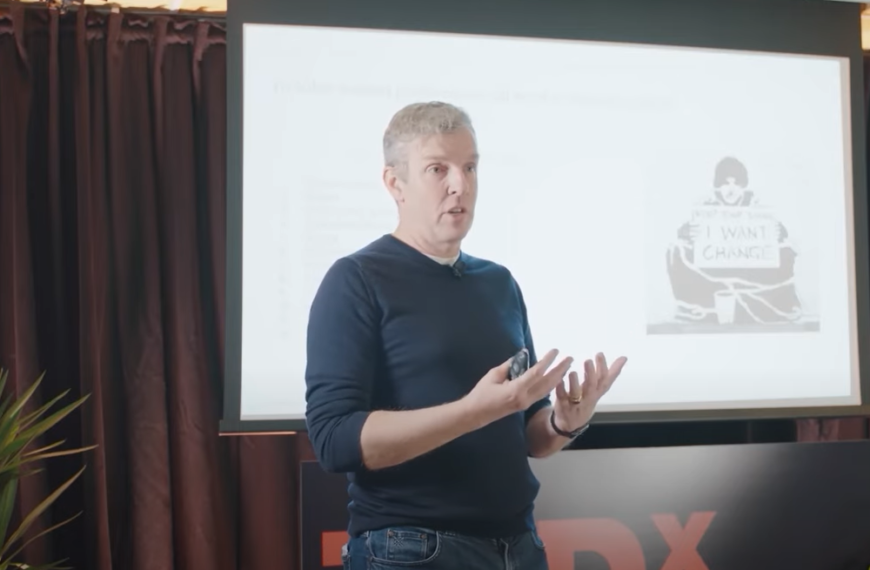A recent Harvard Business Review (HBR) article analysed C-suite job openings and found that one attribute is now prized over all others: strong social skills. In this blog post, we look at what strong social skills are and how you build them.
Strong social skills are just one element of emotional intelligence. As the American psychologist, Daniel Goleman, explains, there are four key elements to emotional intelligence:
- Self-awareness – knowing what we’re feeling and why we’re feeling it
- Self-management – handling emotions (both positive and negative) well
- Empathy – knowing what someone else is feeling
- Social skills – putting the above all together in relationships
How to build emotional intelligence
As indicated above, you build social skills by having self-awareness, self-management and empathy. Those three attributes are the essential pre-cursor to great relationships – at work and out of work.
Given the importance of relationships at work, it’s no surprise that social skills are becoming increasingly important when looking for C-suite talent. The HBR article shares details of a study of almost 5,000 C-suite job descriptions. While the traditional capabilities of financial management and operational experience remain highly relevant, they are now less important than strong social skills.
One reason why C-suite these skills are now so important is the growing complexity of organisations. The web of relationships that leaders need to cultivate no longer matches a traditional org chart. It’s much more intricate and complex. This is exactly what we find in our Organisational Network Analysis (ONA) projects. Just by asking employees a few simple questions, the analyses reveal the truth of the inter-relationships in organisations. It also exposes just how effective (or not) C-suites are at working those social skills.
Assessing social skills
Emotional intelligence and social skills are relatively new concepts for the assessment world. Even though they are appearing frequently in job descriptions, as the HBR study explains, many organisations are struggling to accurately assess candidates for these attributes.
At Complete, we have developed several assessments that provide significant insights into these attributes, and our coaching work is often dedicated to enhancing capabilities in these areas. In short, it’s a topic we understand well.
As I’ve already mentioned, at an organisational level, our ONA survey reveals the complex web of relationships and can even identify who in an organisation has the strongest and most effective relationships.
At an individual level, we use our Complete Values Profile and our Complete Energy Audit to assess someone’s emotional intelligence and much more. The values profile shows what truly motivates a leader both commercially and personally, and underpins how they behave. The energy audit very quickly shows a leader how much and what type of energy they have. This is perhaps the key focus for a C-suite executive, as they have to keep pouring in energy day after day, inspiring others and, many times, the whole organisation.
Coaching social skills
An assessment is only part of the story when it comes to emotional intelligence and social skills. These are attributes that can be developed and that’s where coaching comes in. One critical area of focus for us in our coaching work is emotional management. As we explained above, this is a critical element of emotional intelligence.
Our leadership coaching starts by focusing on a leader’s energy and emotions, rather than their external behaviours and results. Our energy is what affects our emotions. Controlling our physiology enables us to control our energy, which in terms helps us manage our emotions. Ultimately, that will enhance our social skills and, in the end, drive higher levels of performance.
Now, we’d love to know what you think. In your opinion, what should be the number one social skill for C-suite members?




